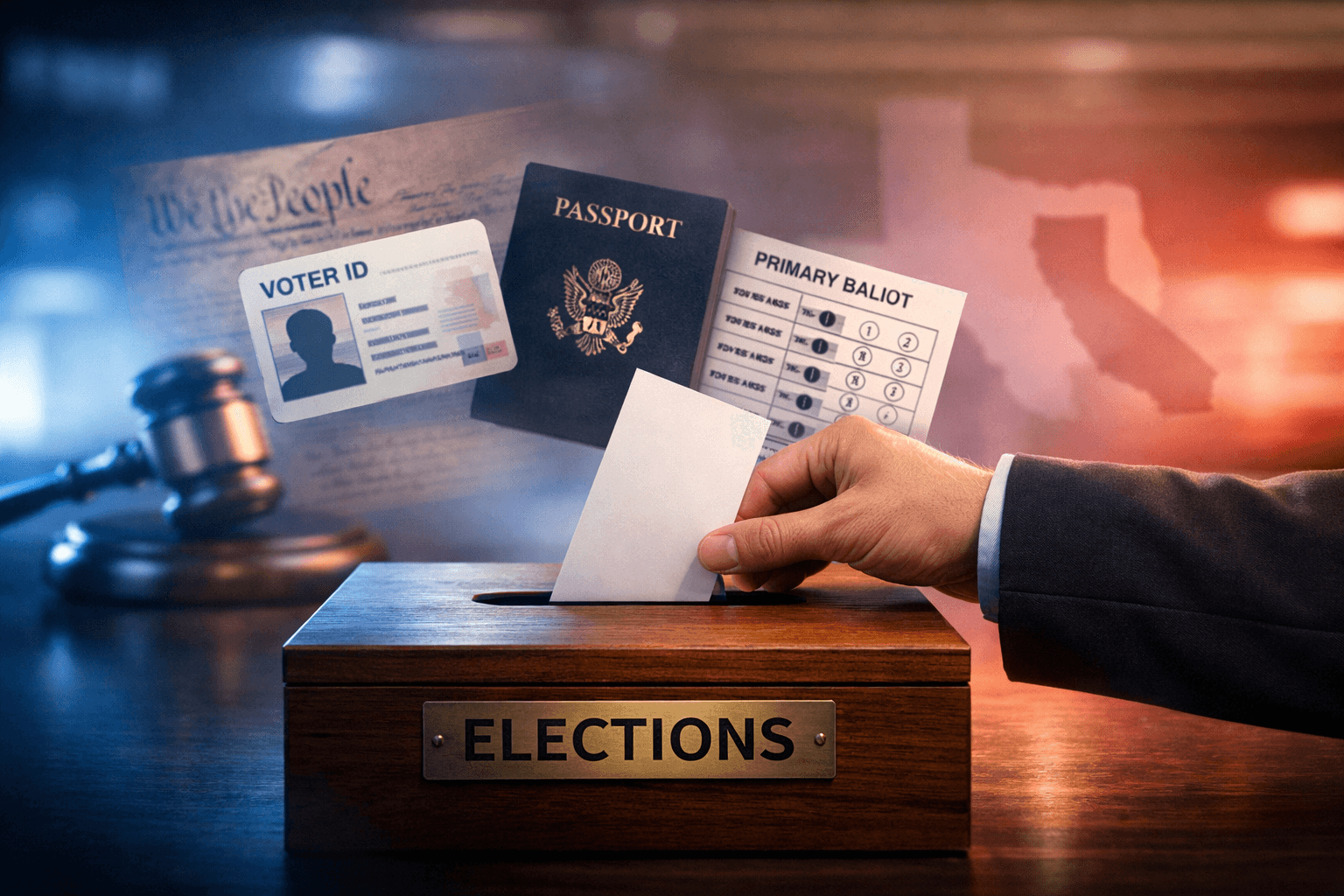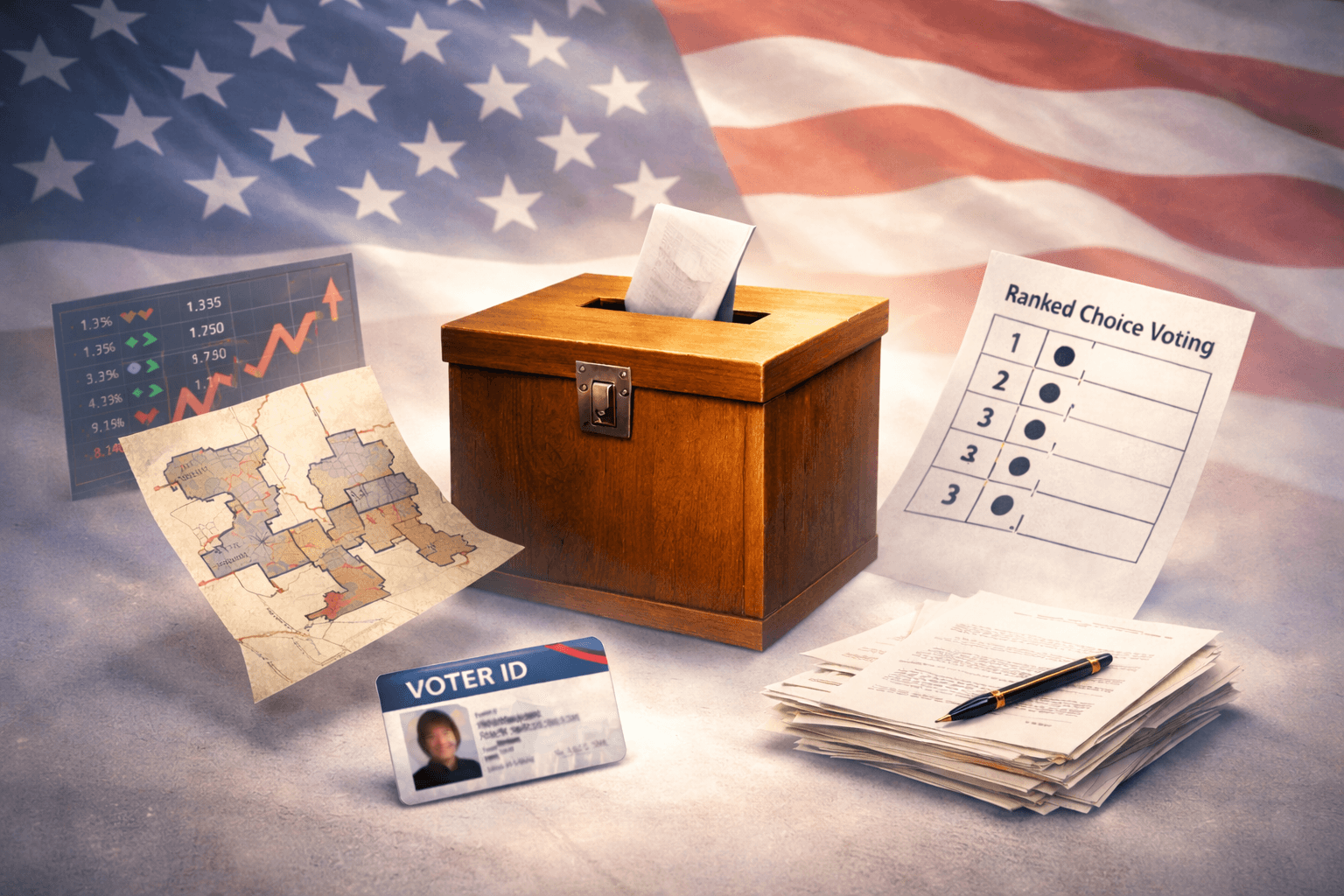Oklahoma City Mayor: Open Primaries Are How We Get the Crazy Out of Politics

OKLAHOMA CITY - Oklahoma City Mayor David Holt is in a rare position in Oklahoma. He is a popular Republican mayor in a deep red, closed primary state that is making the case for primaries open to all voters and candidates, despite his party’s opposition to reform.
Holt wants to see state elections mirror elections in his city – specifically by using nonpartisan primaries open to all candidates and voters, regardless of party, and the top vote-getters move on to a guaranteed general election.
He believes it is a critical step to steering Oklahoma politics away from the ideological extremes and candidates who focus on, in his words, “the strangest priorities” on both sides of the political aisle.
Holt says the common misconception is that primary elections are like a NCAA basketball tournament, especially when they result in runoffs. There is the first round and then a candidate earns their spot in the next round like it's the "Sweet Sixteen."
“No, it’s two different sports,” he remarked. “You're not proving yourself in the primary. You are proving you’re a lunatic is what you’re doing in the primary.”
And then you get to go to the general where we are presented with two lunatics, and the 70% of us in the middle just try to hold our nose and vote for the least crazy person we can find. This is no way to run a country.”
Under Oklahoma’s closed primary system, only voters registered with the Republican and Democratic Parties can participate in the first round of taxpayer-funded elections. This ultimately denies them a meaningful say in who represents them.
It also ensures candidates only have to appeal to a small group of voters to win elections, since few electoral contests are competitive in Oklahoma. Primaries then become contests of ideological purity among a very enthusiastic minority of voters.
Thus, the situation not only leads to an increasing divide between Republicans and Democrats – but a focus on extreme ideological positions to make these voters happy.
Holt made his comments talking about State Question (SQ) 836, which is a nonpartisan Top Two measure that could appear on the November 2026 ballot if the initiative’s campaign gathers enough signatures for it to qualify.
SQ 836 was recently cleared by the Oklahoma Supreme Court to gather petition signatures. If approved by voters, it will replace the state’s closed primary system with a nonpartisan model in which all voters and candidates participate on a single ballot.
Candidates will then be forced to appeal to a broader segment of the electorate to stand out. Similar systems are in place in California and Washington. Alaska uses a nonpartisan model that advances four candidates to the general election.
 Shawn Griffiths
Shawn Griffiths





